By Heather Fulton-Bennett, Biological Oceanography Lab
The term cruise generally brings to mind tropical weather and luxurious surroundings, but scientific research cruises are much more about long hours of work and only a few brief moments to enjoy the view. As a new student in the Biological Oceanography Laboratory, I was simply excited to get out on the water.
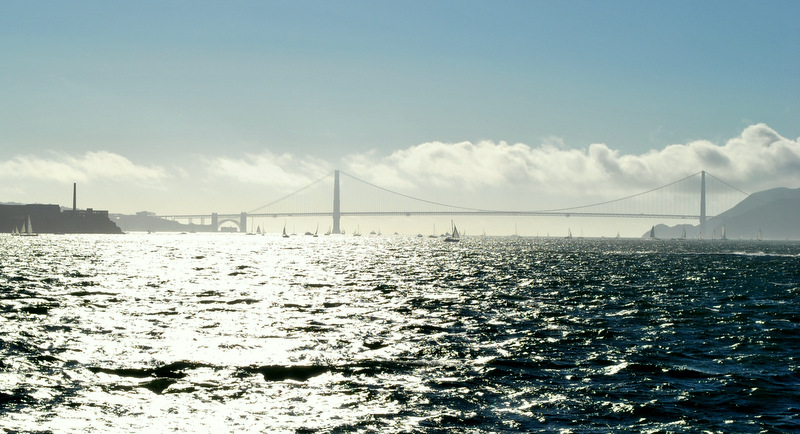
The Biological Oceanography Lab is part of a testing program for ballast water sterilization systems and utilizes the training vessel TS Golden Bear as a semi-mobile research station. With increasing concerns about the spread of invasive species through boating traffic, researchers are trying to minimize the potential for the viable organism to be transported in the ballast water of ships. State regulations focus on minimizing the number of live organisms present following treatment, and our lab is responsible for determining if treatment systems are effective by providing organism counts. Live organism counts are done by microscope on both the untreated and treated ballast water to compare the number of live organisms before and after the treatment. Current regulations require very low numbers of live organisms to be present in the water, so it is crucial to make sure the systems are effective.
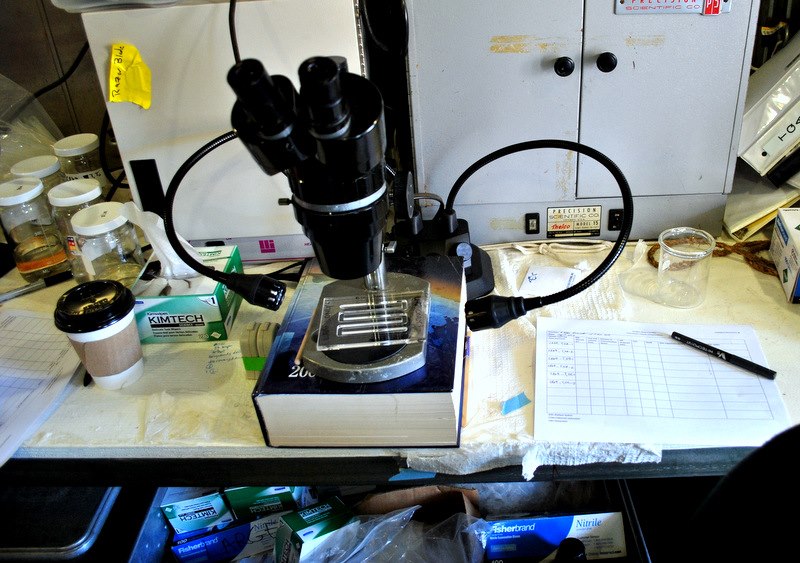
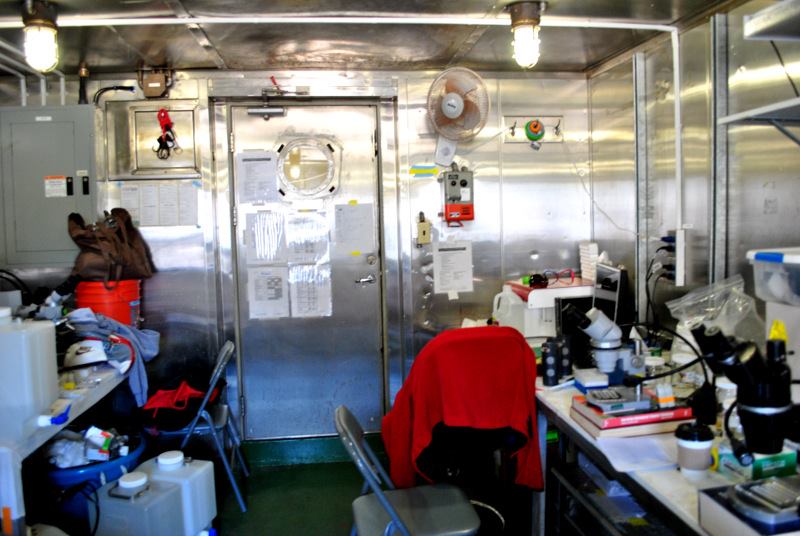
While these systems are intended for use on vessels around the world, most of our tests are done by manipulating the concentrations of organisms and nutrients in the surrounding waters of the Carquinez Straight. However, this weekend we got to test unaltered sea water from the San Francisco Bay as the TS Golden Bear anchored off Treasure Island. As part of the fall fundraising for the California Maritime Academy, families and alumni were treated to a day on the bay enjoying a demonstration by the Blue Angels as part of Fleet Week and watching the America’s Cup sail boat races. Taking advantage of the pleasure cruise for most gave us the chance to see how treatment systems work with real seawater and provided the microscope counters with the excitement of seeing new plankton which we normally don’t see in our dock-based tests.
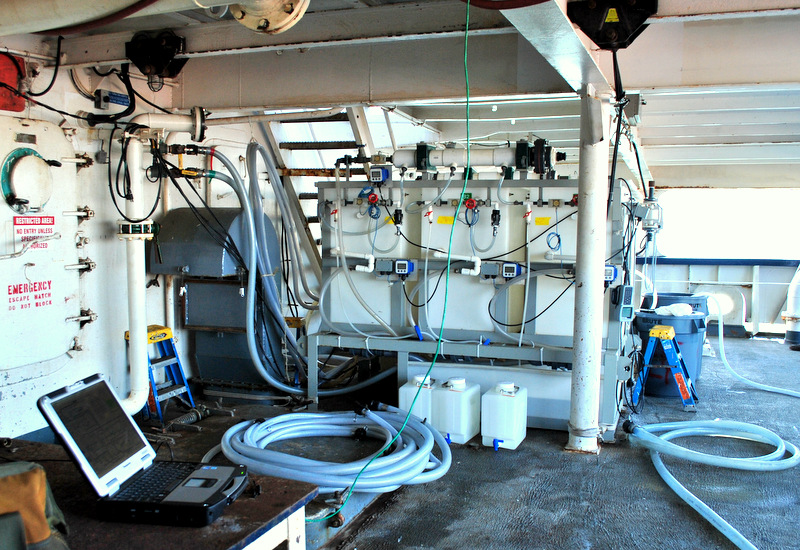
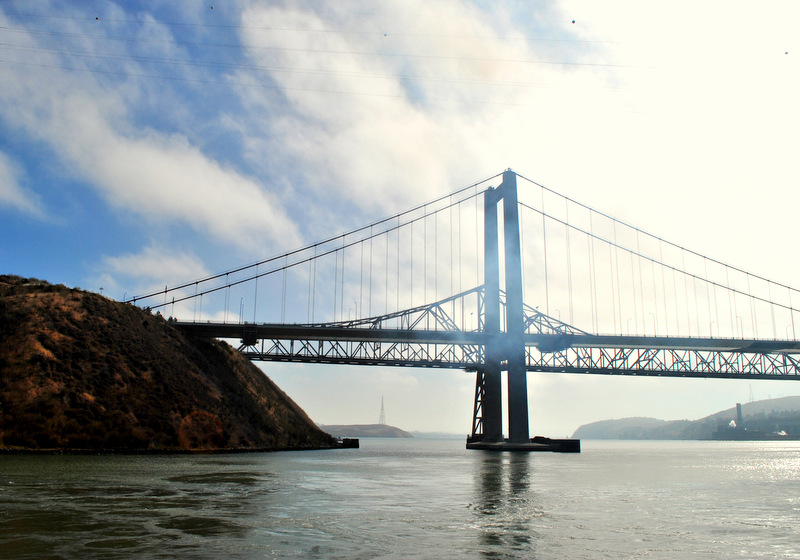
While research cruises involve long hours of grueling, yet fascinating, work, having beautiful weather and amazing scenery makes for an incredibly enjoyable experience. I’ll definitely be participating in many more cruises to come!

